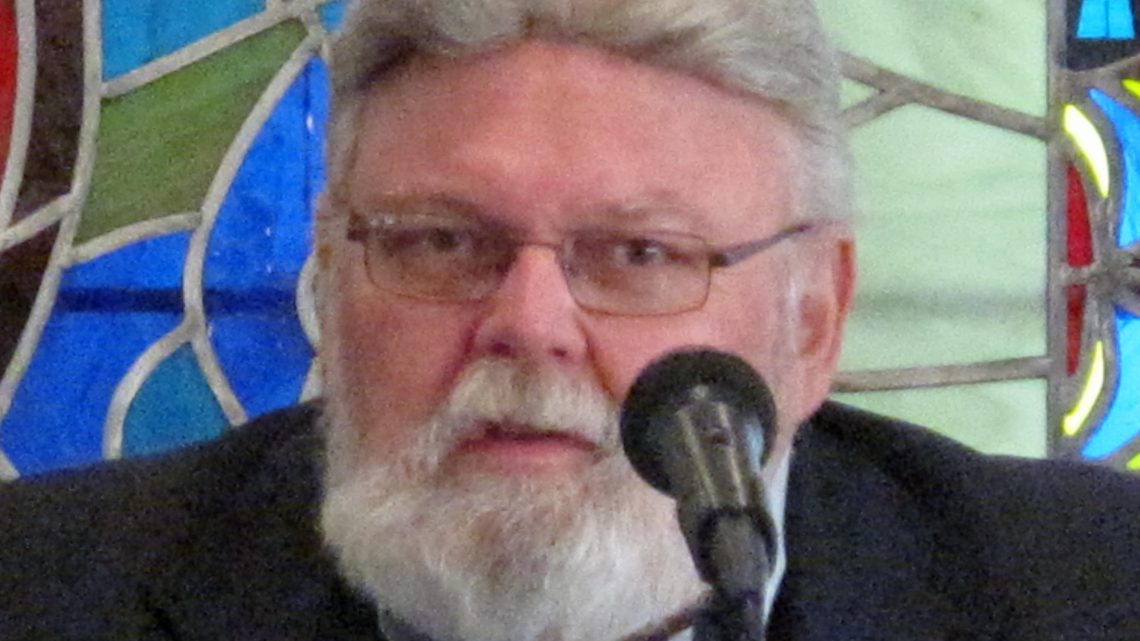By Darrell Huenergardt, coordinator of public affairs and religious liberty matters for the Mid-America Union
Why is the principle of separation of church and state important to Seventh-day Adventists? Consider the case of Santa Fe Independent School District, one of the key decisions by the United States Supreme Court. This case dealt with school-sponsored prayer in Galveston, Texas, which is 90 percent Caucasian and mostly Baptist. Aside from the core of the court decision, it is interesting to notice that a fourth grade public school class was not allowed to go to lunch until all students participated in a Christian prayer. Teachers were also encouraged to invite students to Baptist revival meetings.
The church-state fusion popular in Galveston is, unfortunately, the common result when members of a belief system feel empowered to determine orthodox beliefs for the community. We as Seventh-day Adventist Christians should be sensitive to the religious beliefs of all people, whether they recognize God or deny Him, and whether or not they condone activities condemned in Scripture. I grew up believing the statement that no Adventist would support a law requiring worship on the seventh day, but in the past several years it has become popular among some church members and leaders to support other laws dealing with religious beliefs or activities.
The writings of Ellen White say much in support of separating church and state. One of her more pointed statements is in The Great Controversy (p. 297):
“Thus again was demonstrated the evil results . . . of attempting to build up the church by the aid of the State, of appealing to the secular power in support of the gospel of him who declared ‘My kingdom is not of this world.’ The union of the church with the State, be the degree ever so slight, while it may appear to bring the world nearer the church, does in reality but bring the church nearer to the world.”Freedom to choose religious beliefs is a sacred gift given to all by God. We as Seventh-day Adventists must understand religious liberty afforded by the gospel and beware of advancing any religious belief through the power of government. Christianity is not merely following a set of rules dealing with outward activities; rather, it is an inward decision motivated by love. No government can make love happen.










